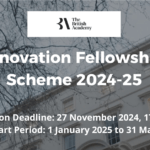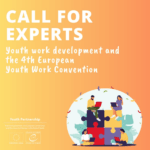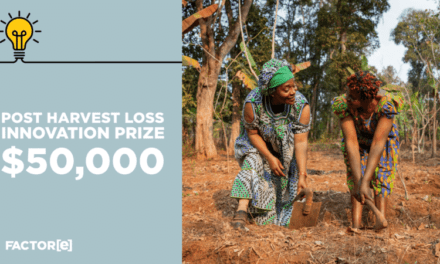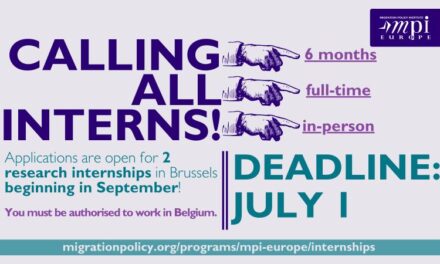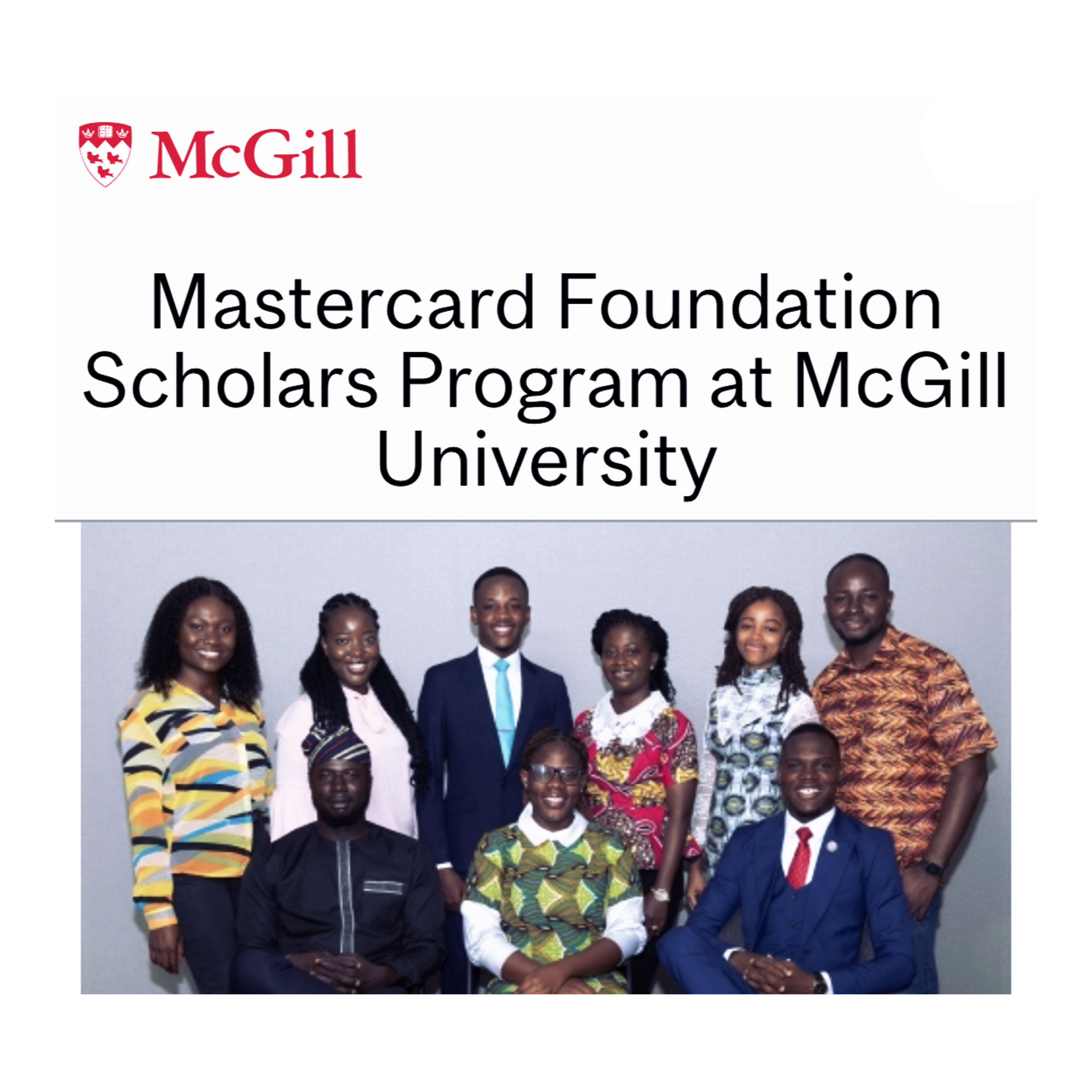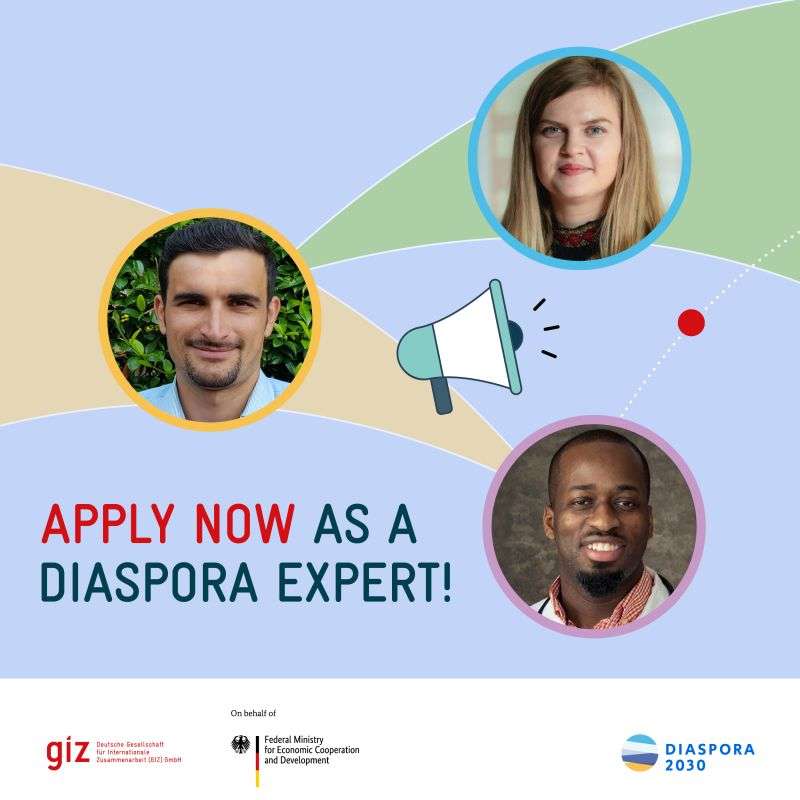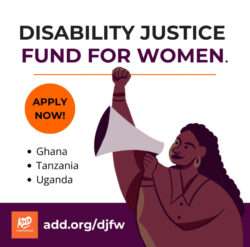
Unlocking Opportunities: European Commission Launches 2024 Call for Erasmus+ Proposals (Fully-funded)
Introduction
On September 28, the European Commission initiated the call for proposals for the 2024 cycle of Erasmus+, the European Union’s flagship program dedicated to bolstering education, training, youth, and sport.
Key Highlight:
Enhanced Mobility Grants
To counteract the impact of inflation, Erasmus+ has increased mobility grant levels by 5.9%, following a 12.27% adjustment in 2023. This strategic move aims to ensure broader participation in learning experiences abroad.
Sustainable Travel Incentives
The program introduces stronger incentives for sustainable travel in 2024, making it the default option. Participants from remote areas or those with insufficient rail networks will receive compensation for choosing sustainable modes of travel, promoting environmental responsibility.
Cooperation for Priorities
Erasmus+ continues to bring people and organizations together to address its four key priorities: inclusion, active citizenship, green and digital transitions. Initiatives like European Universities and Centres for Vocational Excellence play a pivotal role in shaping the future of education.
Supporting Ukraine
In solidarity with Ukraine, Erasmus+ offers projects facilitating learning mobility, empowering individuals with new skills, combating disinformation, and integrating refugees into new educational systems.
Promoting EU Values
The program maintains its commitment to promoting common EU values, ensuring that all beneficiaries and activities align with principles of human dignity, rights, freedom, democracy, equality, and the rule of law.
Application Open to All
Under the Erasmus+ call for project applications, public or private bodies in education, training, youth, and sport can apply for funding through Erasmus+ National Agencies or the European Education and Culture Executive Agency (EACEA).
Next Steps
Preparations for the mid-term evaluation of the ongoing program (2021-2027) and the final evaluation of the predecessor program (2014-2020) are underway, with a public consultation open until December 8.



